It saddened me to learn yesterday of the passing of musician and actor Marvin Lee Aday, better known by his stage name Meat Loaf. It was 1977 that the debut album for Meat Loaf, Bat Out of Hell, was released. We look today into the music of the 45-year-old album. Check out our review of the David Fincher movie Fight Club (1999), which starred Meat Loaf in a supporting role.

The album Bat Out of Hell opens with a song title Bat Out of Hell, a loud and proud cacophony of sound that hits you with a declaration of rootedness of hard rock and arena rock in the pop/rock fusion that is Meat Loaf‘s signature sound. The album declares a performance physicality that also matches the style of Meat Loaf, with a focus on youthful relationships and discovery in love.

You Took the Words Right Out of My Mouth (Hot Summer Night) as a power ballad picks up from the album opener with spoken words by Marcia McClain and songwriter Jim Steinman. The unique quality of this song’s introduction stands out for me as much as the catchy quality of the tune itself, which discusses how youthful passion can interfere with declaring love.

The third song for Bat Out of Hell is Heaven Can Wait, a legitimate ballad focusing on piano and singing. While focusing on the experience of true love, the composition itself is less up-tempo than the rest of the album. The song deserves more recognition, in my estimation, for offering a quality statement of feeling in a manner appropriate for the message.

As the song that follows Heaven Can Wait, All Revved Up with No Place to Go offers a horn-based tempo somewhere between the song that precedes it and You Took the Words Right Out of My Mouth (Hot Summer Night). The song is a clear expression of teenage loneliness with a desire to act upon the nudge offered by the feelings presented by Mother Nature.

Two Out of Three Ain’t Bad serves as the opening track of the second side of the Bat Out of Hell album as originally released on vinyl. The song serves as a ballad about the elusive nature of love, getting into the notions of want and need while falling short on the goal of true love.

Paradise by the Dashboard Light is a song in three major parts sung for the album by Ellen Foley and Meat Loaf. Karla DeVito performed the song on tour with Meat Loaf. ‘Paradise’ as the opening movement of the song is the notion of sex in a car for a teenage boy trying to convince a girl to have sex, with ‘Let Me Sleep on It’ representing a negotiation for love in exchange for paradise, and finally ‘Praying for the End of Time’ representing the kids honor as he stays in a relationship with the woman after receiving paradise, yet finds that he has not accomplished love. Former New York Yankees shortstop Phil Rizzuto narrated the baseball sequence in the song.

For Crying Out Loud is the final of seven songs envisioned for the original album, with arrangement support for much of the music offered by Todd Rundgren. The piano play for the first three-minutes of the song is fantastic, with what I presume includes Rundgren‘s fingerprints present. The song lyrically offering the note of metaphorical “out loud crying” coupled with lyrics that suggest Meat Loaf’s love for a lady coming from her verbal expressiveness also work.

There you have my look into what is an album that stands well within the rock & roll canon of youthful feelings of love. I am saddened at the passing of Marvin Lee Aday; yet I appreciate the music he left behind with Bat Out of Hell as Meat Loaf.
Matt – Saturday, January 22, 2022




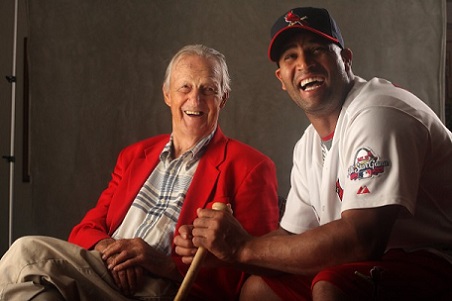
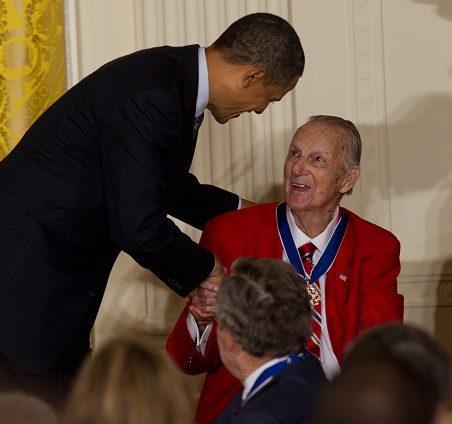
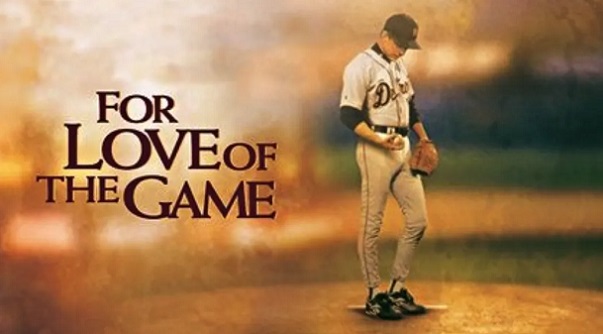
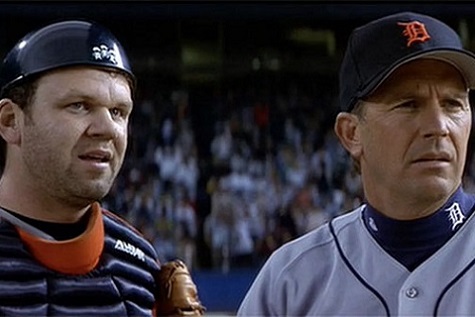 (John C. Reilly as Gus Sinski, left, and Kevin Costner as Billy Chapel in For Love of the Game).
(John C. Reilly as Gus Sinski, left, and Kevin Costner as Billy Chapel in For Love of the Game).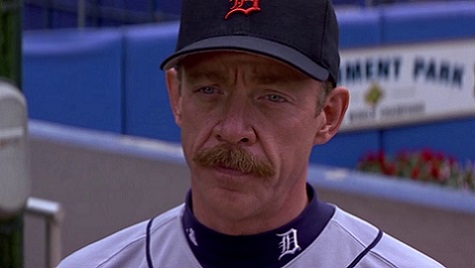 (J.K. Simmons as Detroit Tigers manager Frank Perry in For Love of the Game).
(J.K. Simmons as Detroit Tigers manager Frank Perry in For Love of the Game). (Kevin Costner as Billy Chapel, left, and Kelly Preston as Jane Aubrey in For Love of the Game).
(Kevin Costner as Billy Chapel, left, and Kelly Preston as Jane Aubrey in For Love of the Game).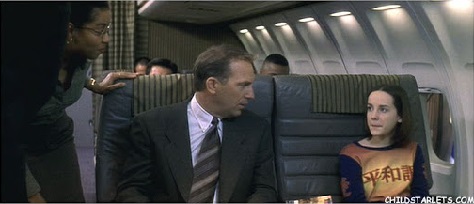 (Kevin Costner as Billy Chapel, left, and Jena Malone as Heather Aubrey in For Love of the Game).
(Kevin Costner as Billy Chapel, left, and Jena Malone as Heather Aubrey in For Love of the Game).
 (Bobby Richardson of the New York Yankees).
(Bobby Richardson of the New York Yankees). (Mickey Mantle, Bobby Richardson and Whitey Ford of the New York Yankees).
(Mickey Mantle, Bobby Richardson and Whitey Ford of the New York Yankees). (Bobby Richardson and Betsy Richardson).
(Bobby Richardson and Betsy Richardson). (
(